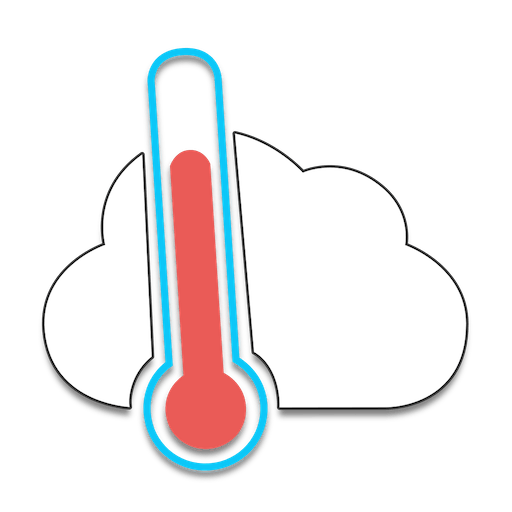We’ll see fairly seasonal weather over the weekend with overnight lows that will start off cool but climb back towards normal as well.
After quite a chilly evening last night, temperatures will climb nicely today towards a high of about 25°C. We’ll see mainly sunny skies today and clear skies tonight as we head down to a low of around 8°C. Tomorrow morning we’ll see some cloud as a weak disturbance travels south through the Interlake with a slight chance of a shower before things clear out midday and we’re left with sunny skies and a high a little cooler near 23°C as more cool air filters down behind the morning’s system. The weekend will close out with another sunny day with a high climbing a little bit higher into the mid-to-upper 20’s.
The next chance of precipitation looks to possibly be on Tuesday morning, however the risk is marginal and currently looks like the system will remain to the north of the Red River Valley.
2012 One of the Hottest Years on Record
We covered just how warm July 2012 was a couple posts ago, but what’s shaping up to be an even bigger story is just how hot 2012 as a year is. Last week, Jeff Masters covered how 2012 is shaping up to be the hottest year ever in the contiguous United States and included an image from NOAA that showed average yearly temperatures through the climate record, highlighting the top 5 and coldest 5 years on record:
With plenty of warm records having been broken over the past year, and the fact that we’re going on 13 consecutive months with above-normal temperatures, I thought it would be interesting to see what such a chart looks like for Winnipeg.
Methodology
First I calculated the monthly mean temperatures for the entire climate archive for Winnipeg, which covers March 1872 – July 2012. I then calculated year-to-date normal temperatures for each month from 1901 to 2010 to use as a “20th Century Average”. For example, March’s YTD average was calculated simply by:
March Average = AVERAGE(JAN Average + FEB Average + MAR Average)
To calculate the temperature anomolies, I did a similar process on the monthly mean temperatures for each year, calcluating a YTD value for each month, then simply subtracted that from the associated month’s 20th century average. This process produces the signature tapered look on the above chart, where the large variability from year-to-year evident in January smooths out to nice, clean lines by the end of the year.
Results
The results for Winnipeg are startlingly similar to the United States:
It’s quickly evident that 2012 is on track to end as one of the warmest years on record. The current top 5 warmest years are:
| Rank | Year | Year-End Temperature Anomaly |
|---|---|---|
| 1 | 1987 | +2.93°C |
| 2 | 1931 | +2.80°C |
| 3 | 1878 | +2.20°C |
| 4 | 1998 | +2.14°C |
| 5 | 2006 | +2.00°C |
This year’s current YTD temperature anomaly is sitting at +3.13°C. This beats out 1987’s year-end anomaly of +2.93°C, however is less than the value calculated at the same time of year (July), which was +4.02°C. We’ve started August off right near-normal, however ensemble outlooks have us returning to slightly above-normal temperatures fairly soon.












